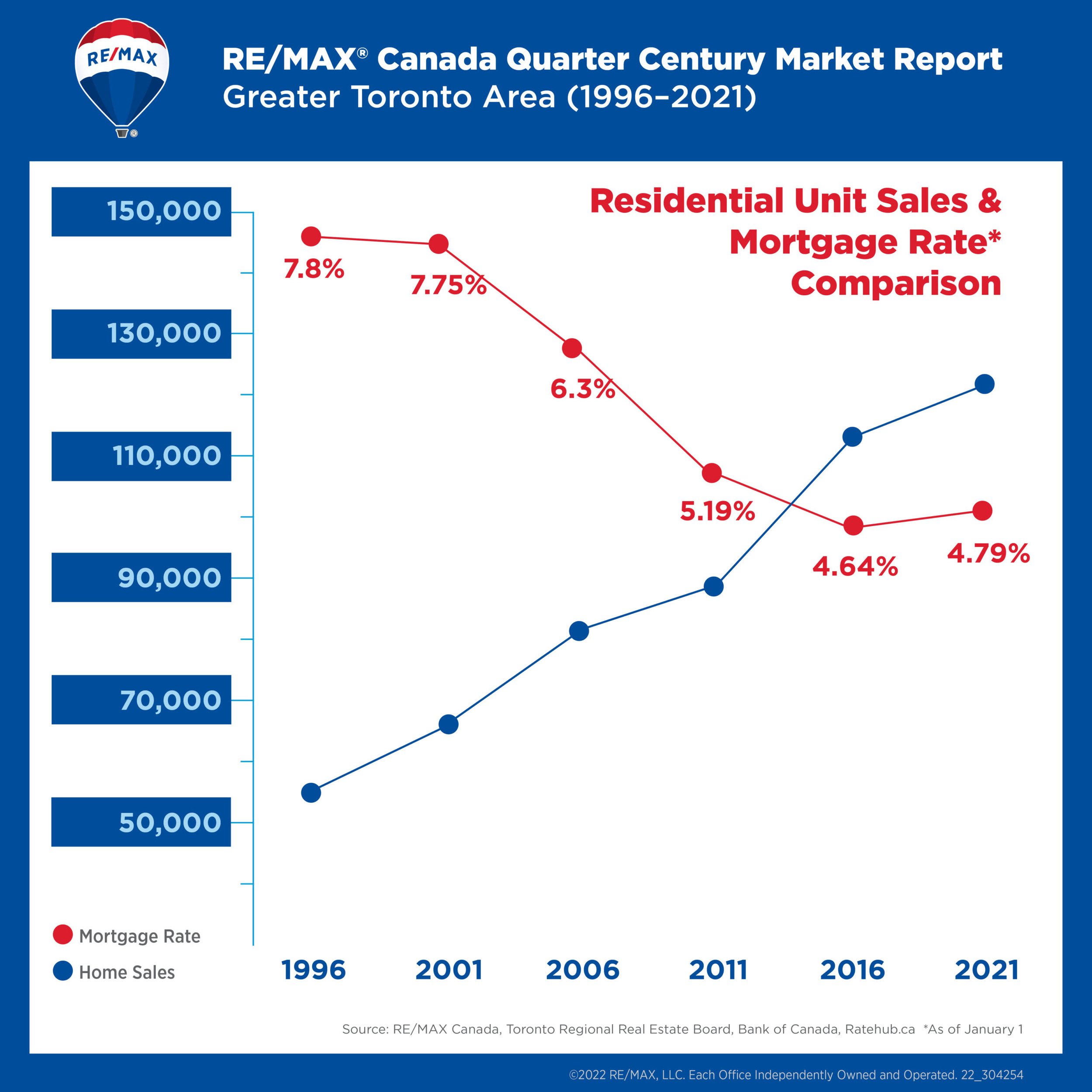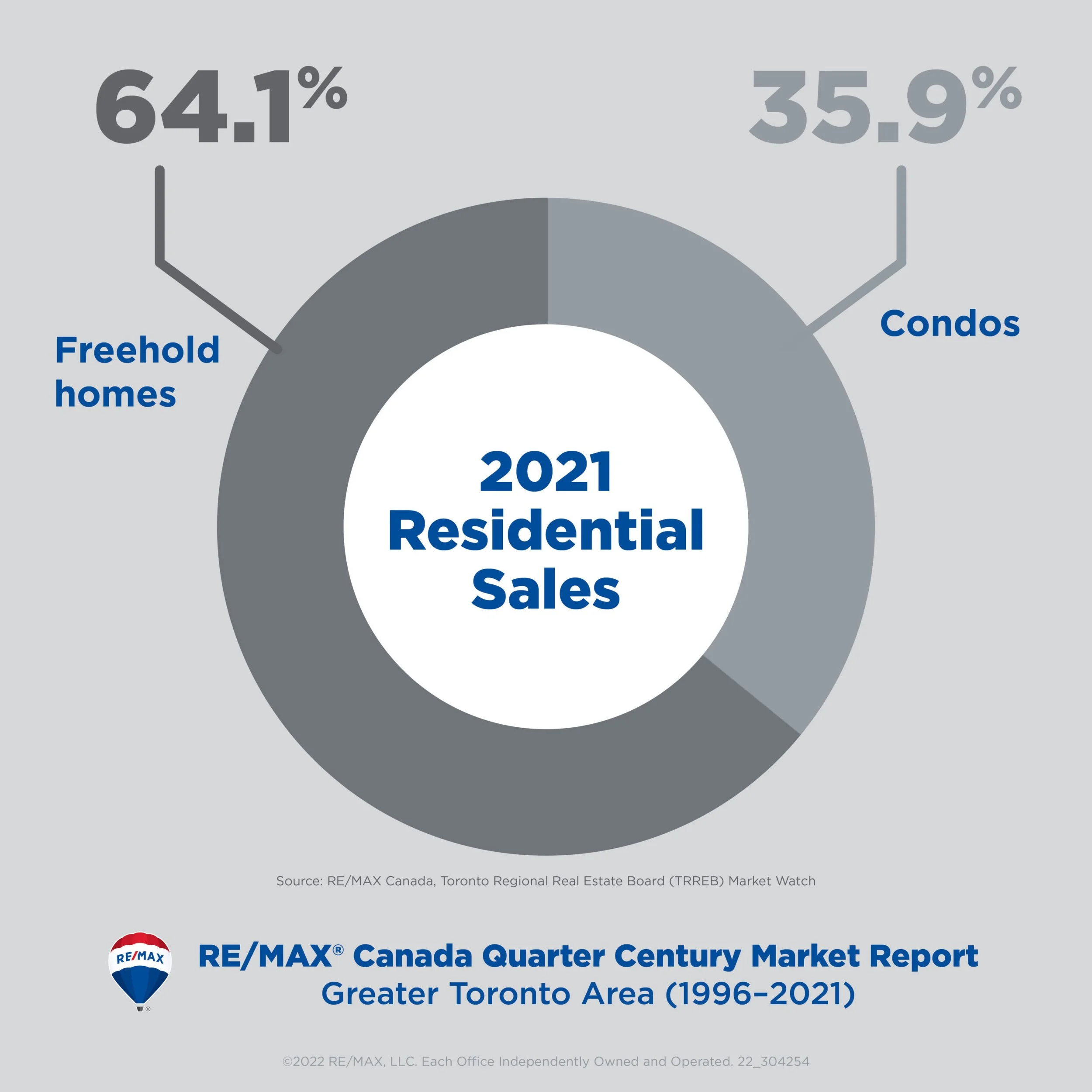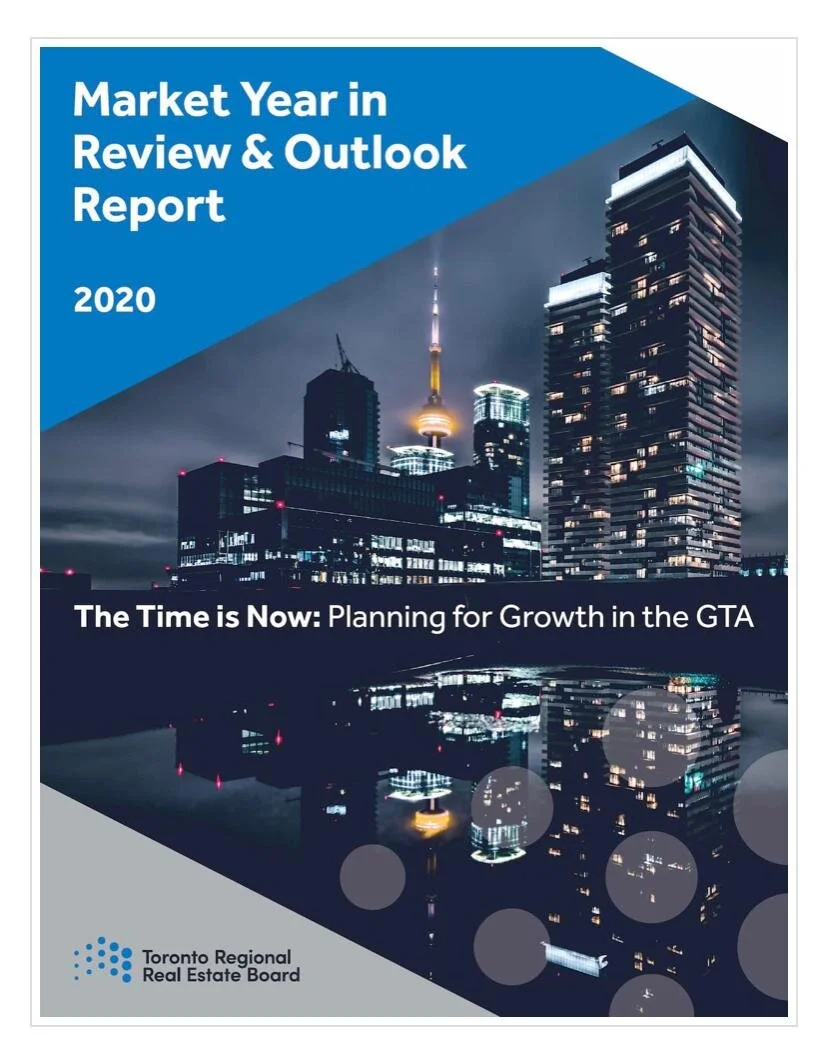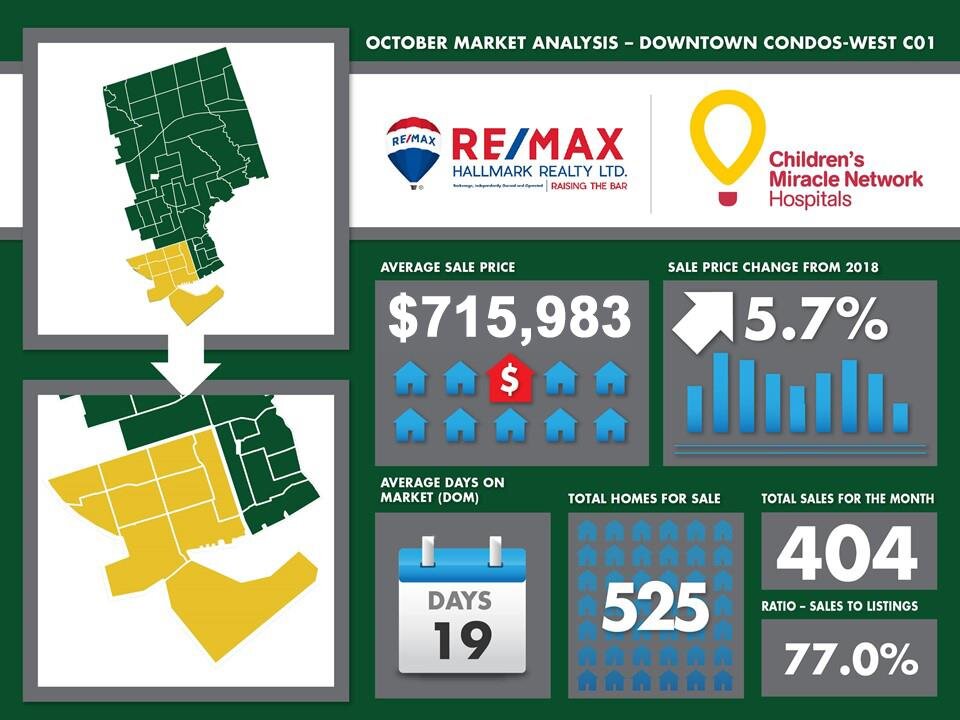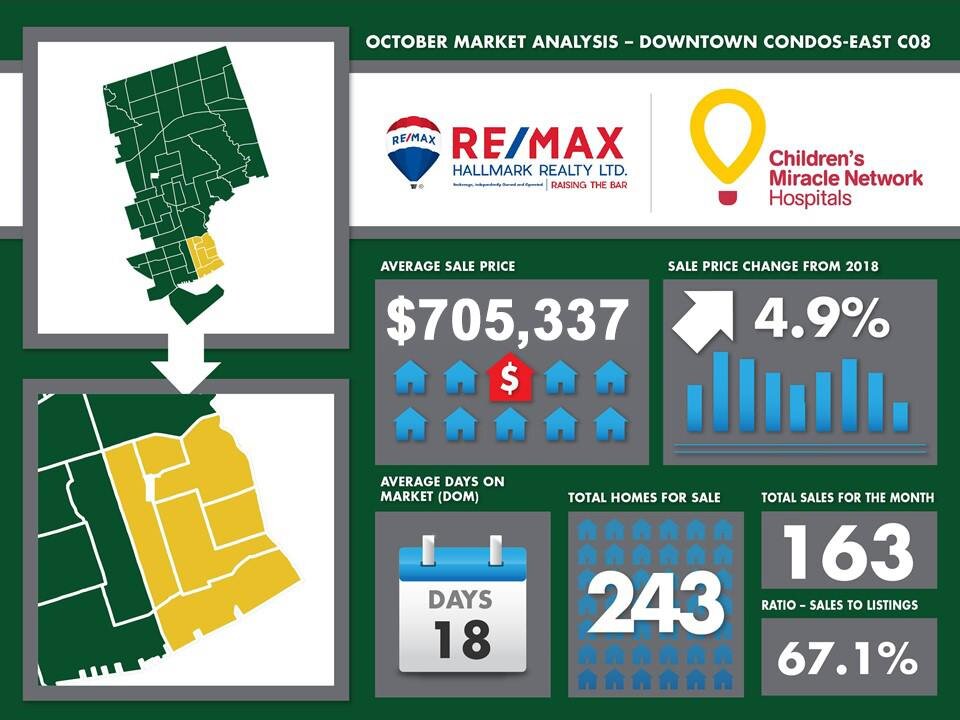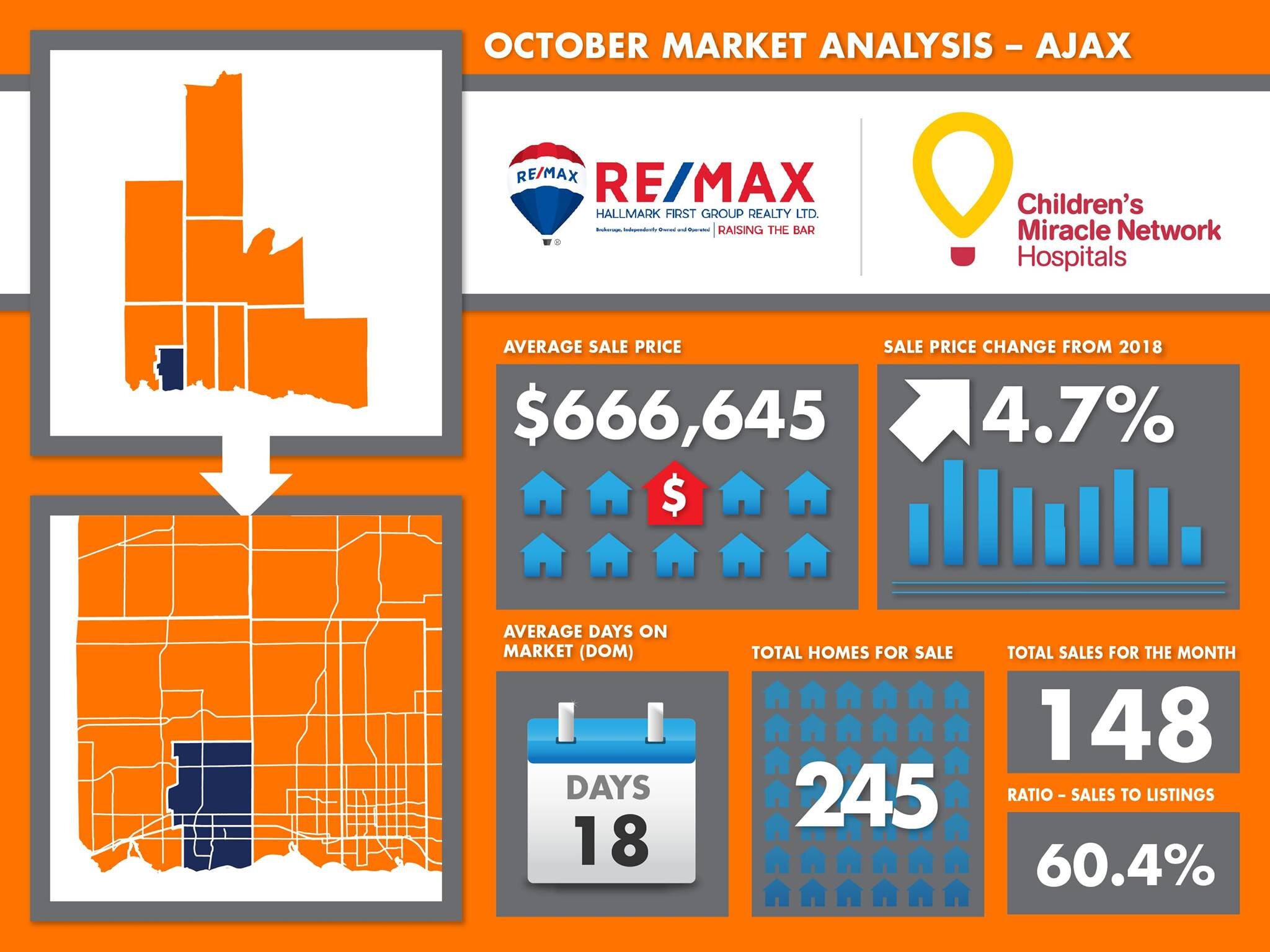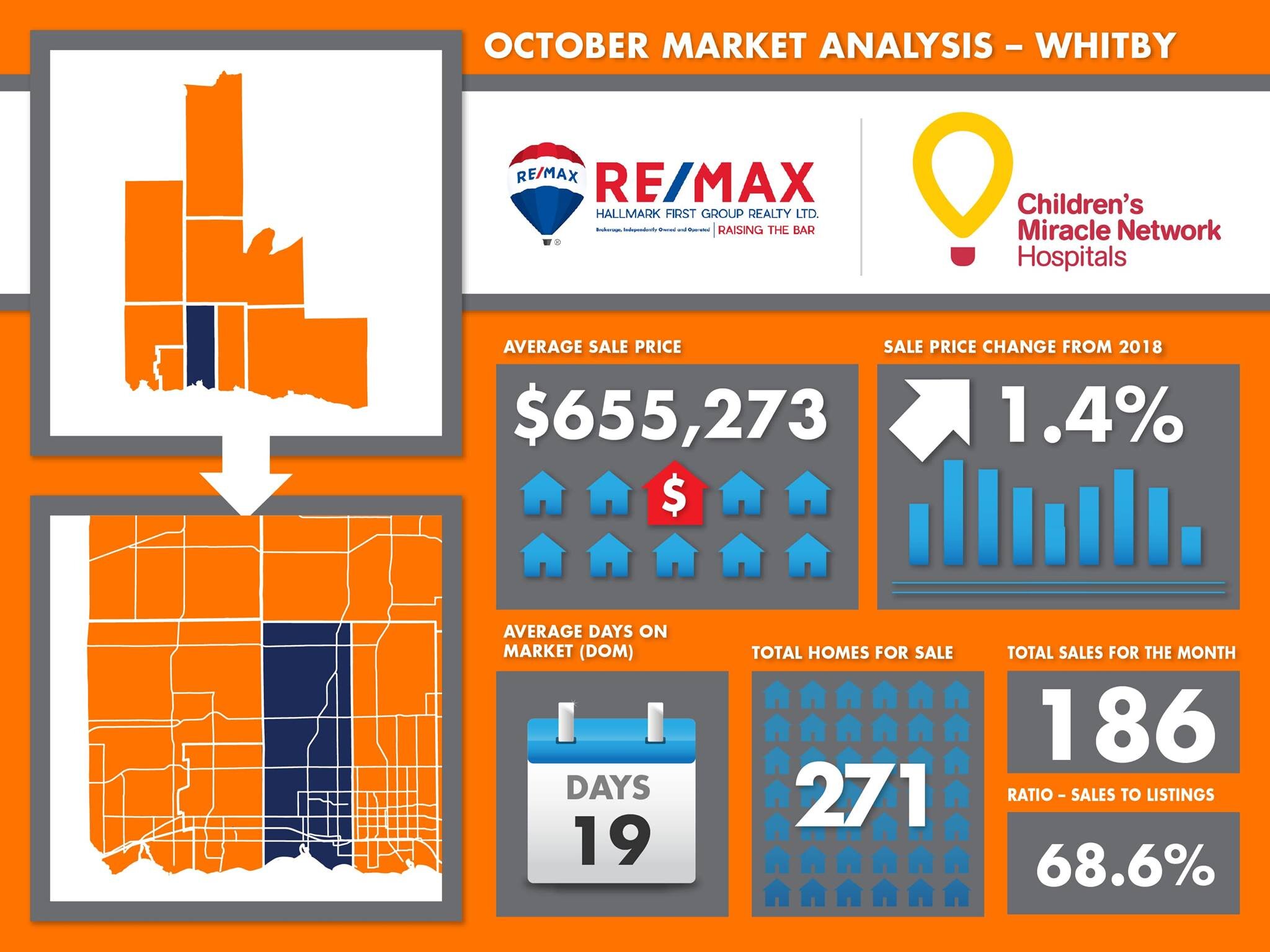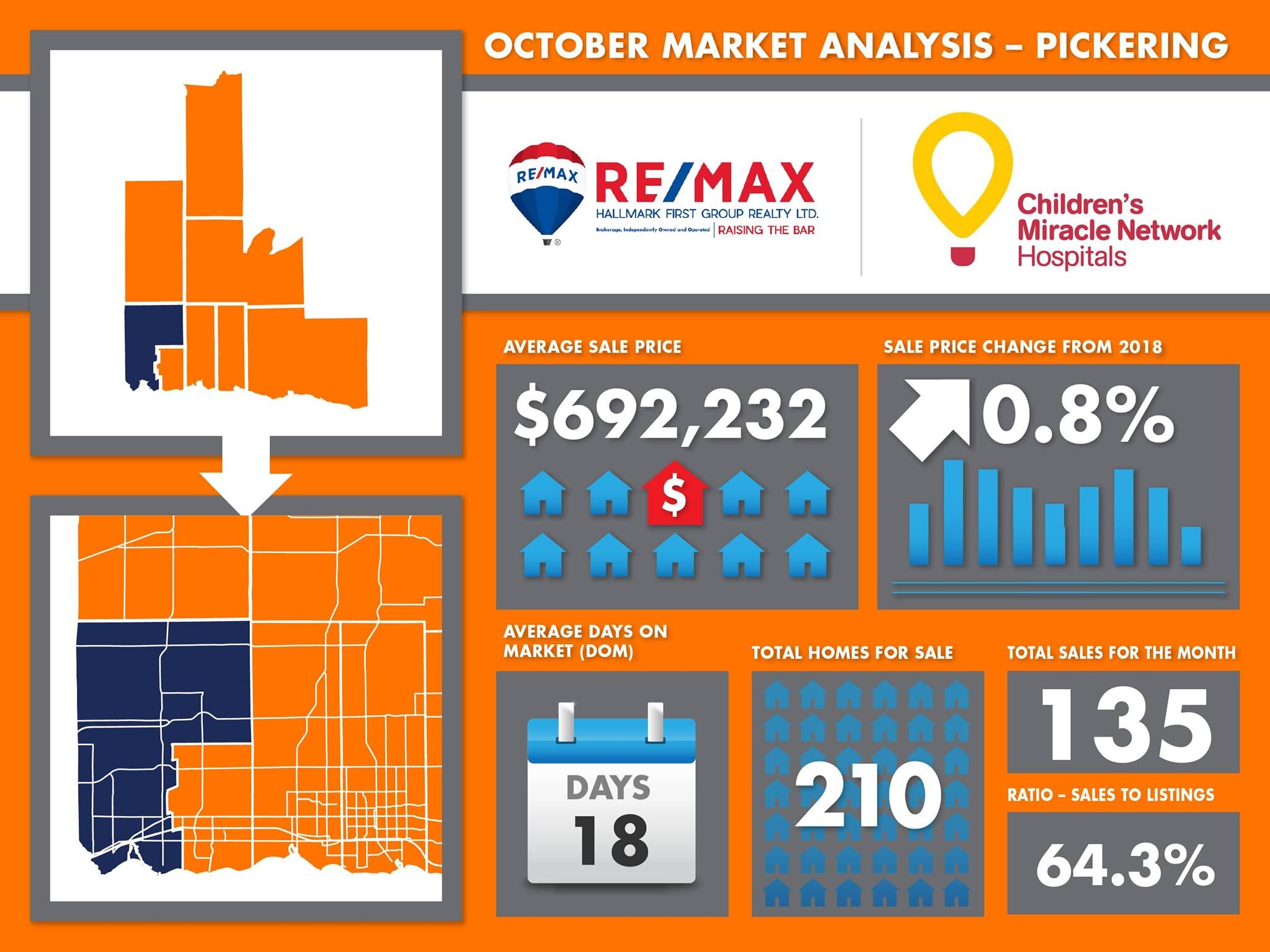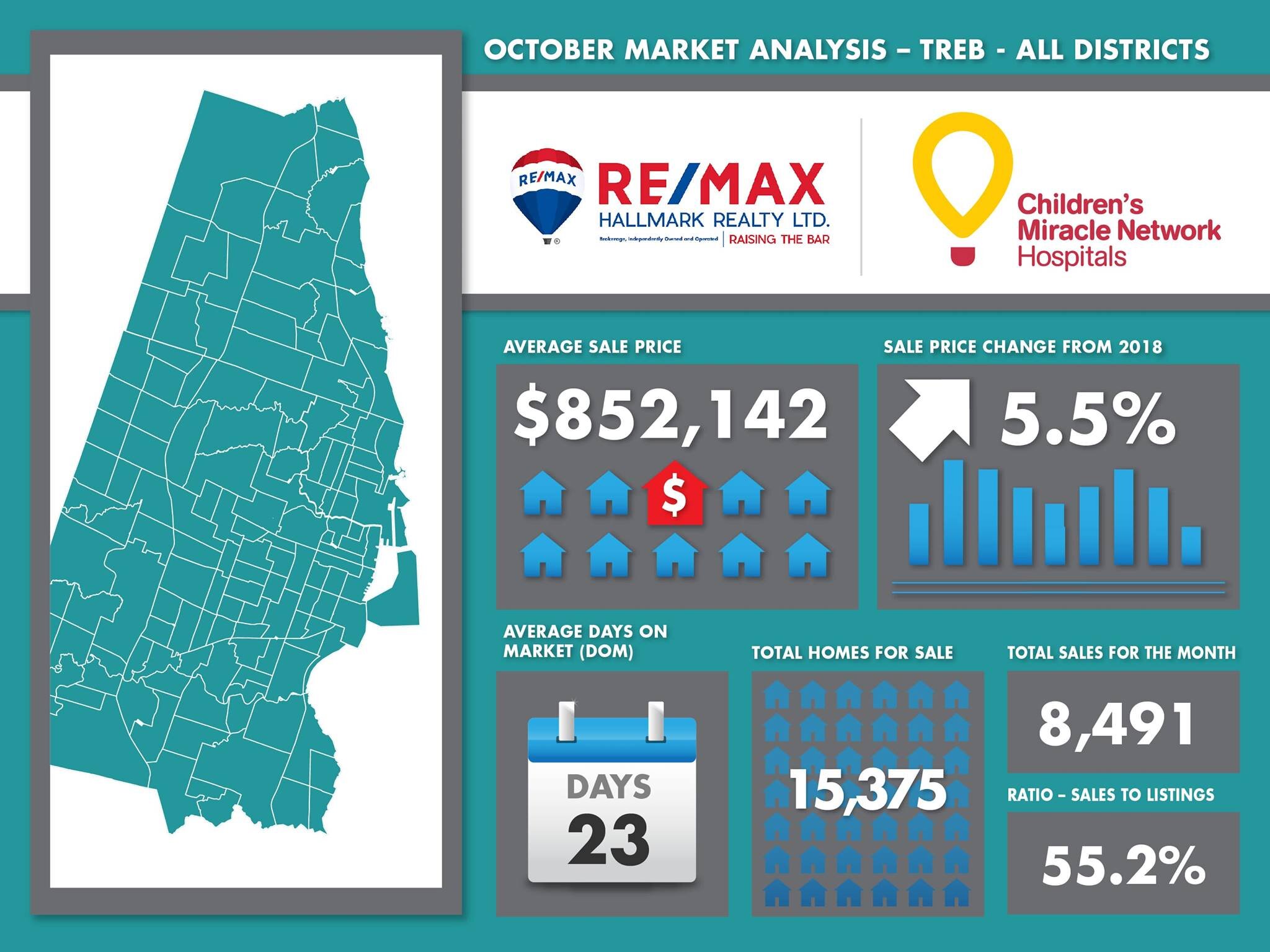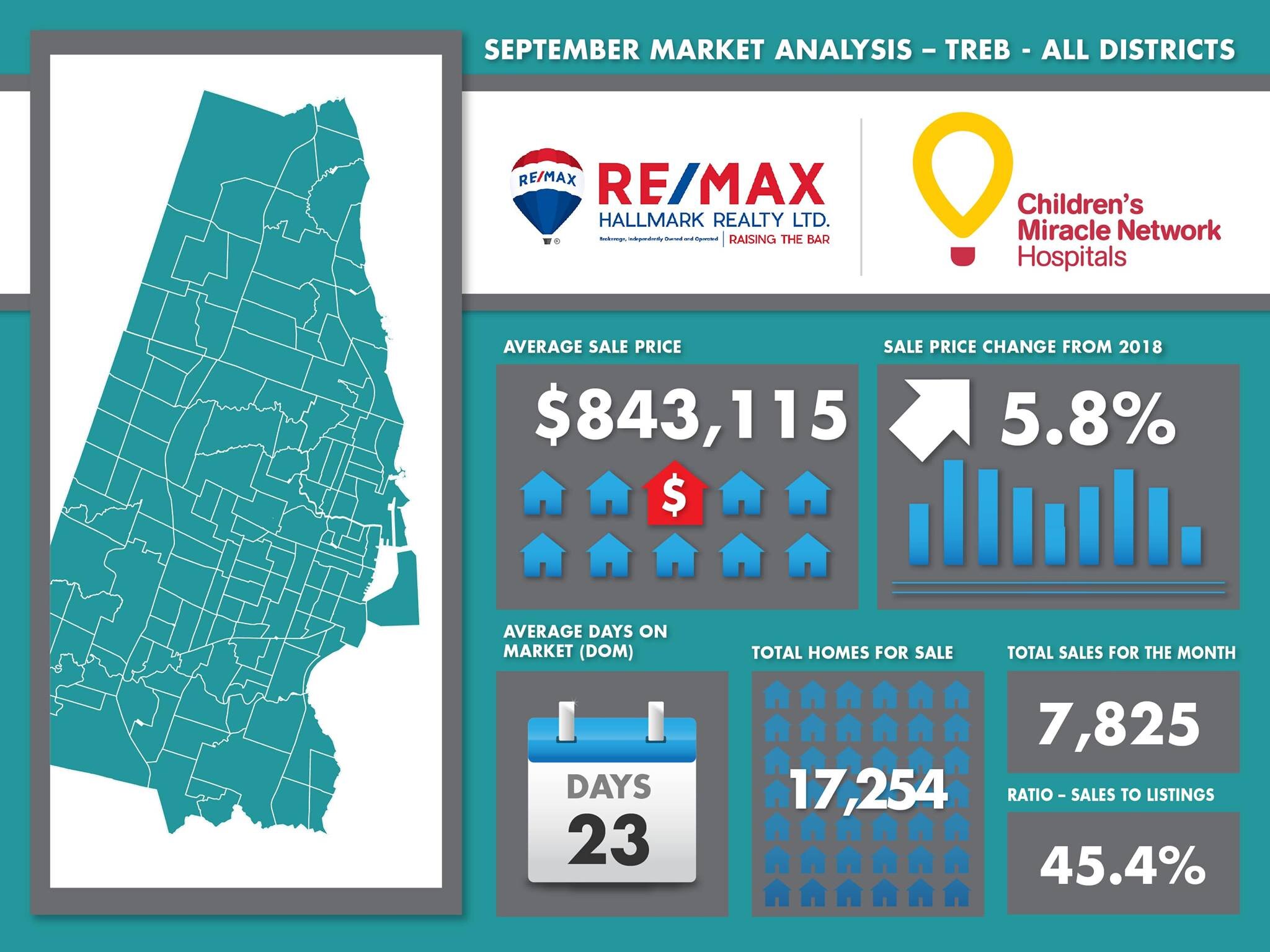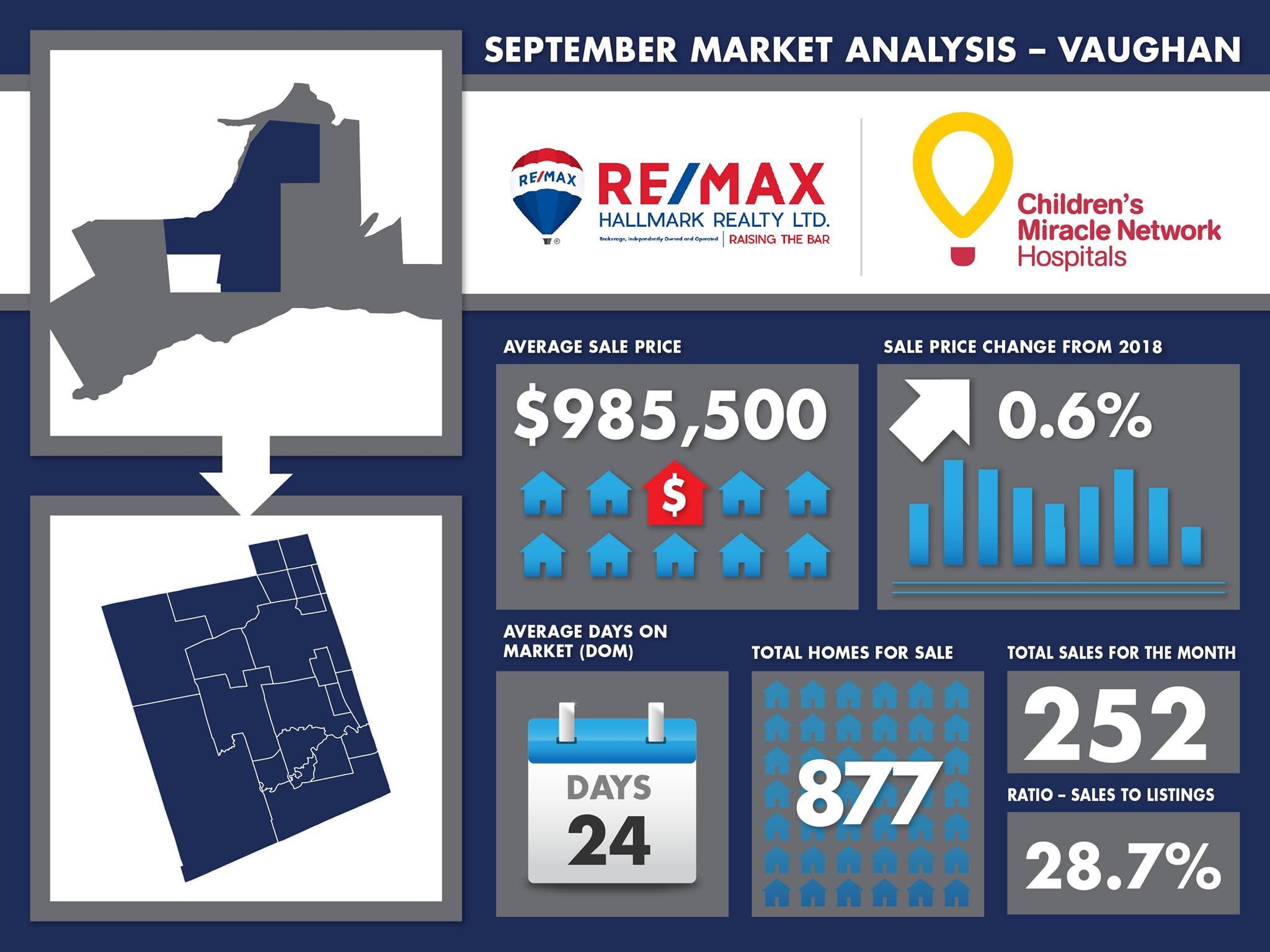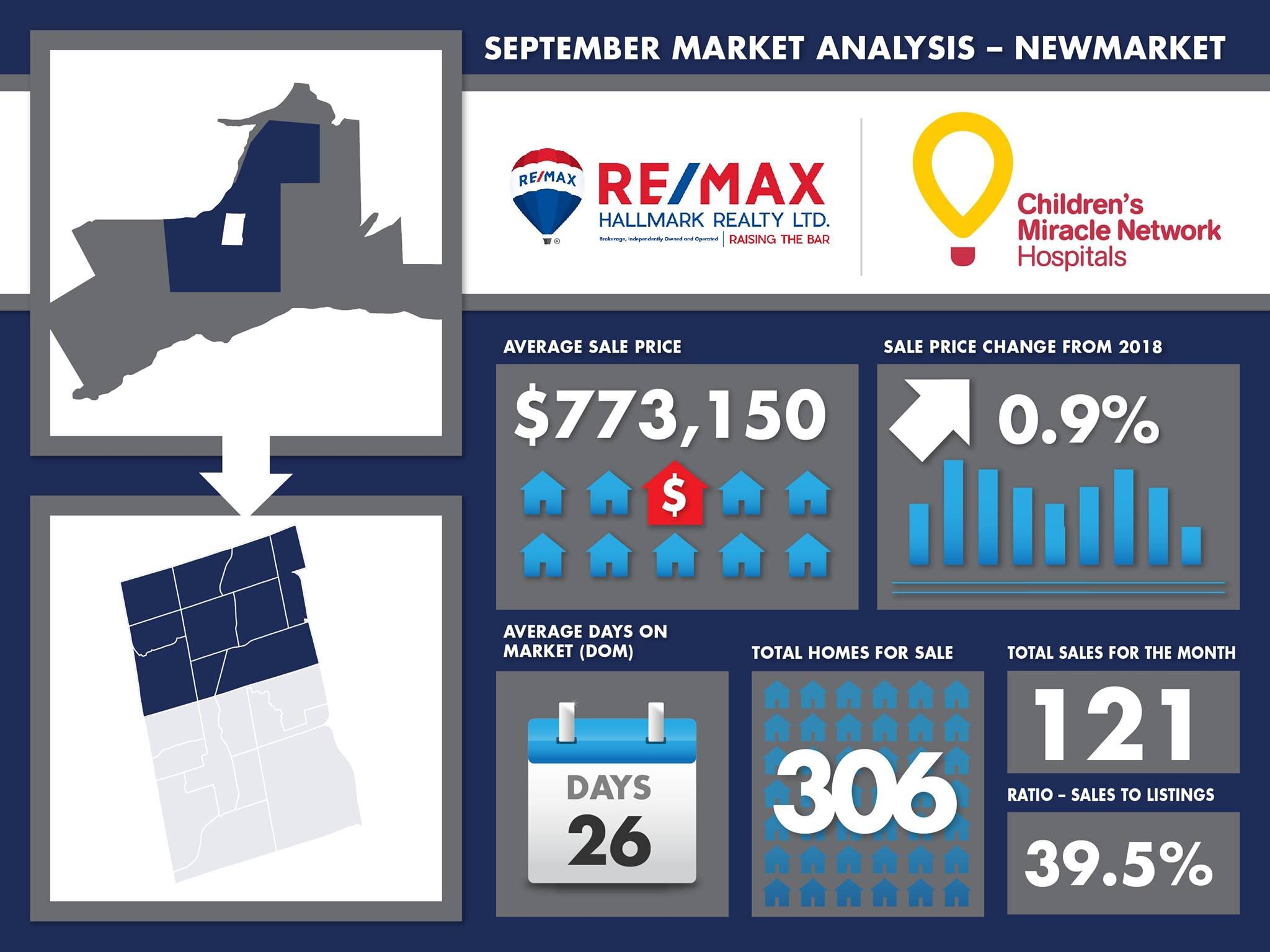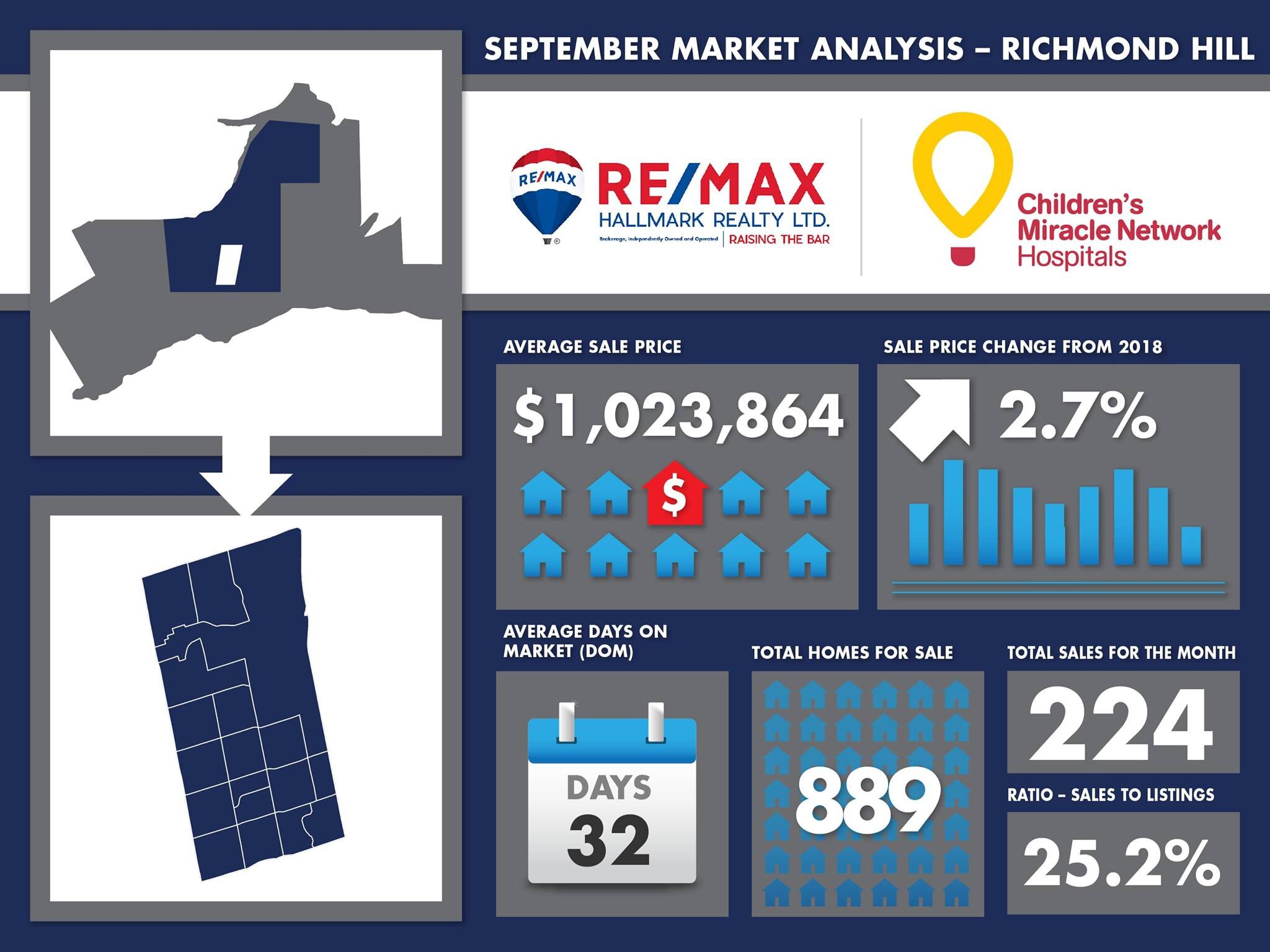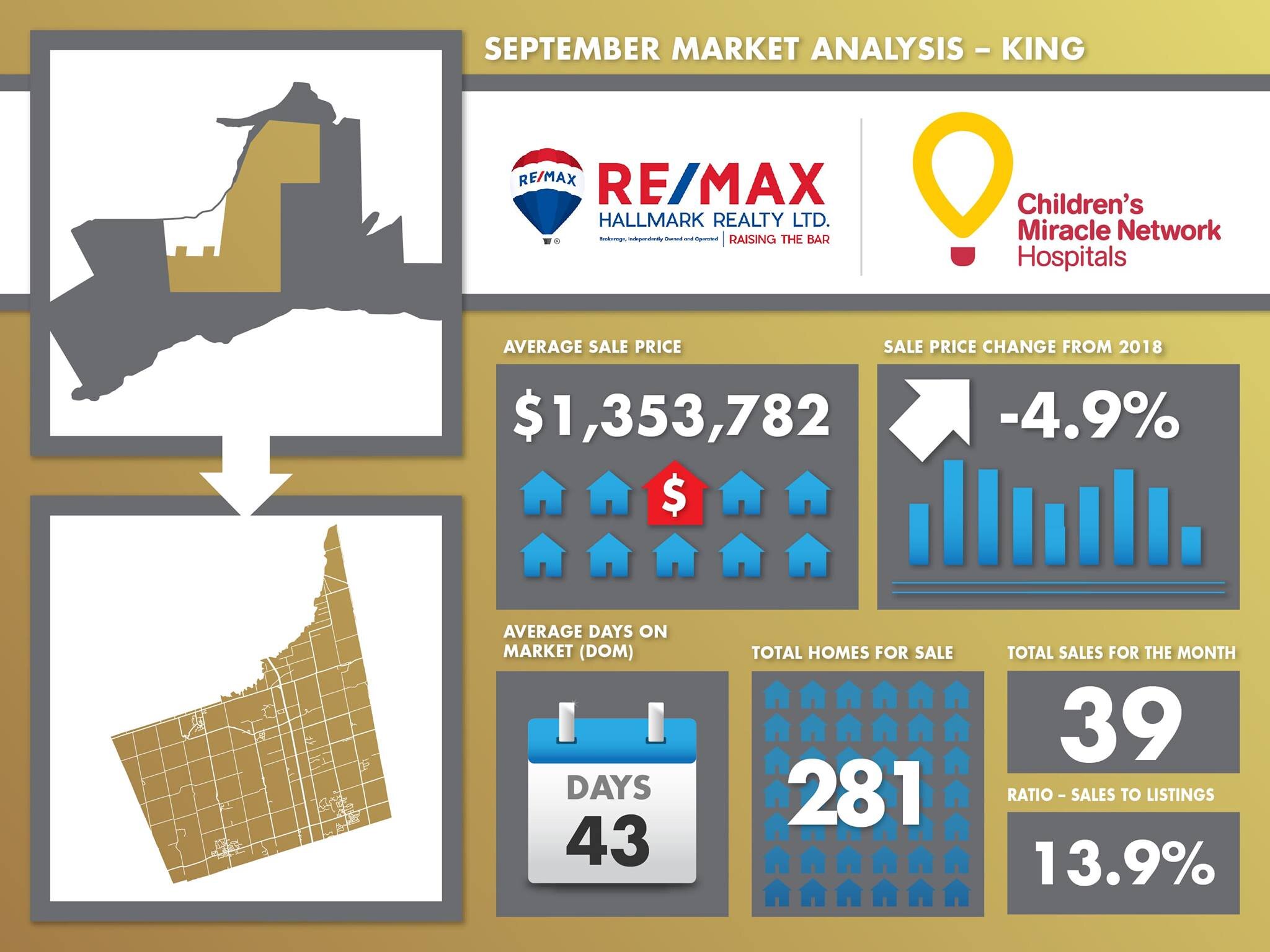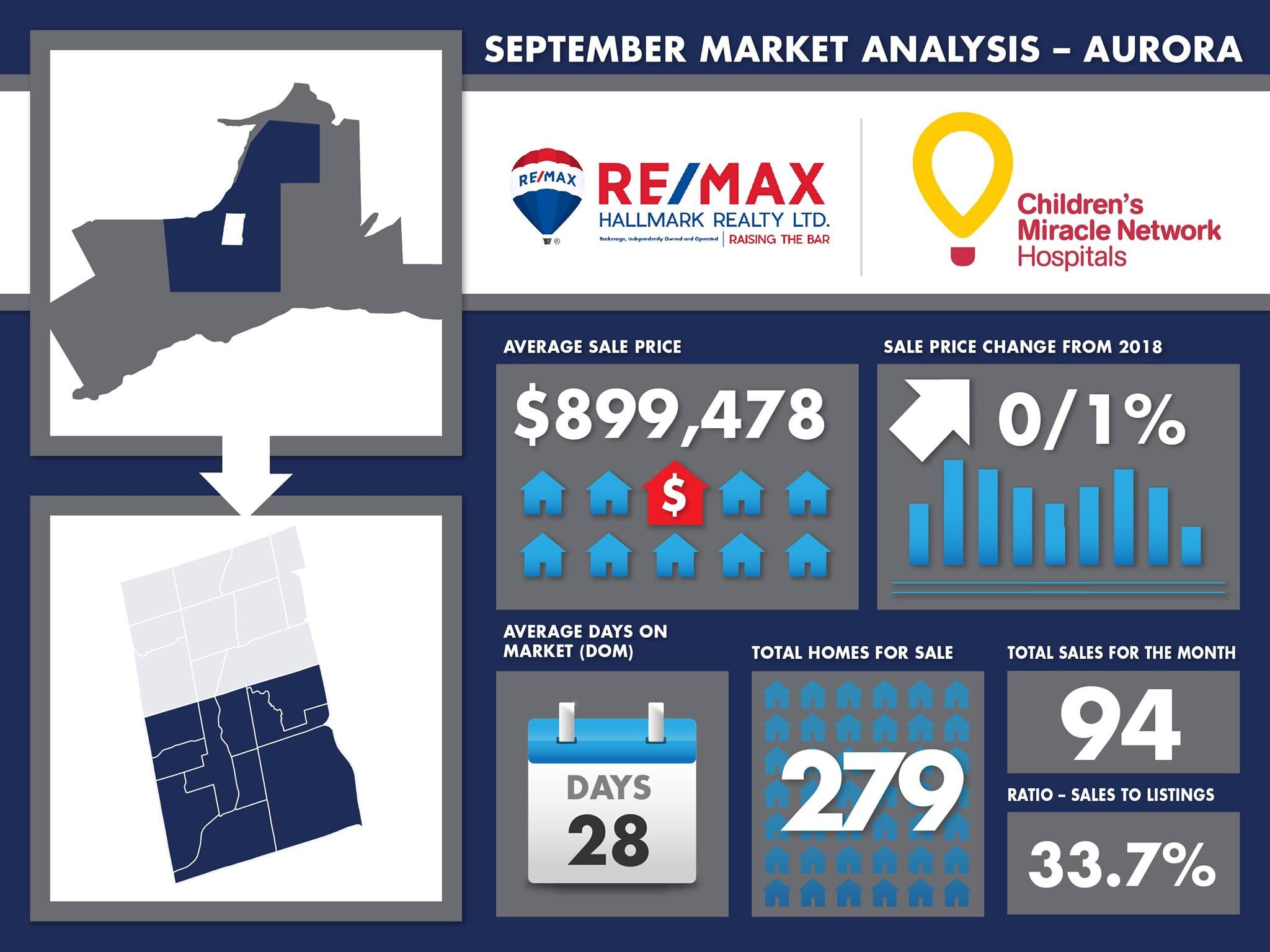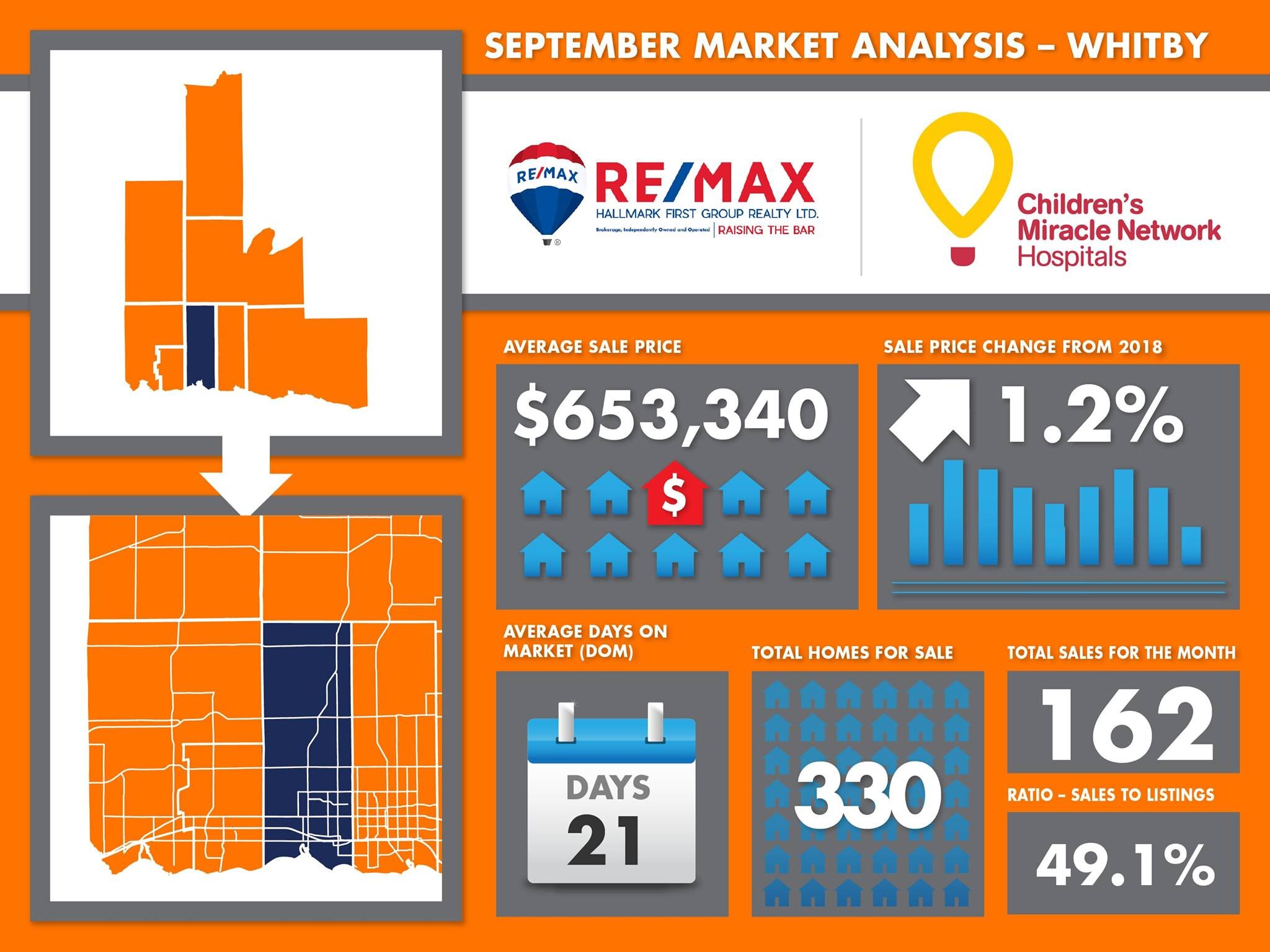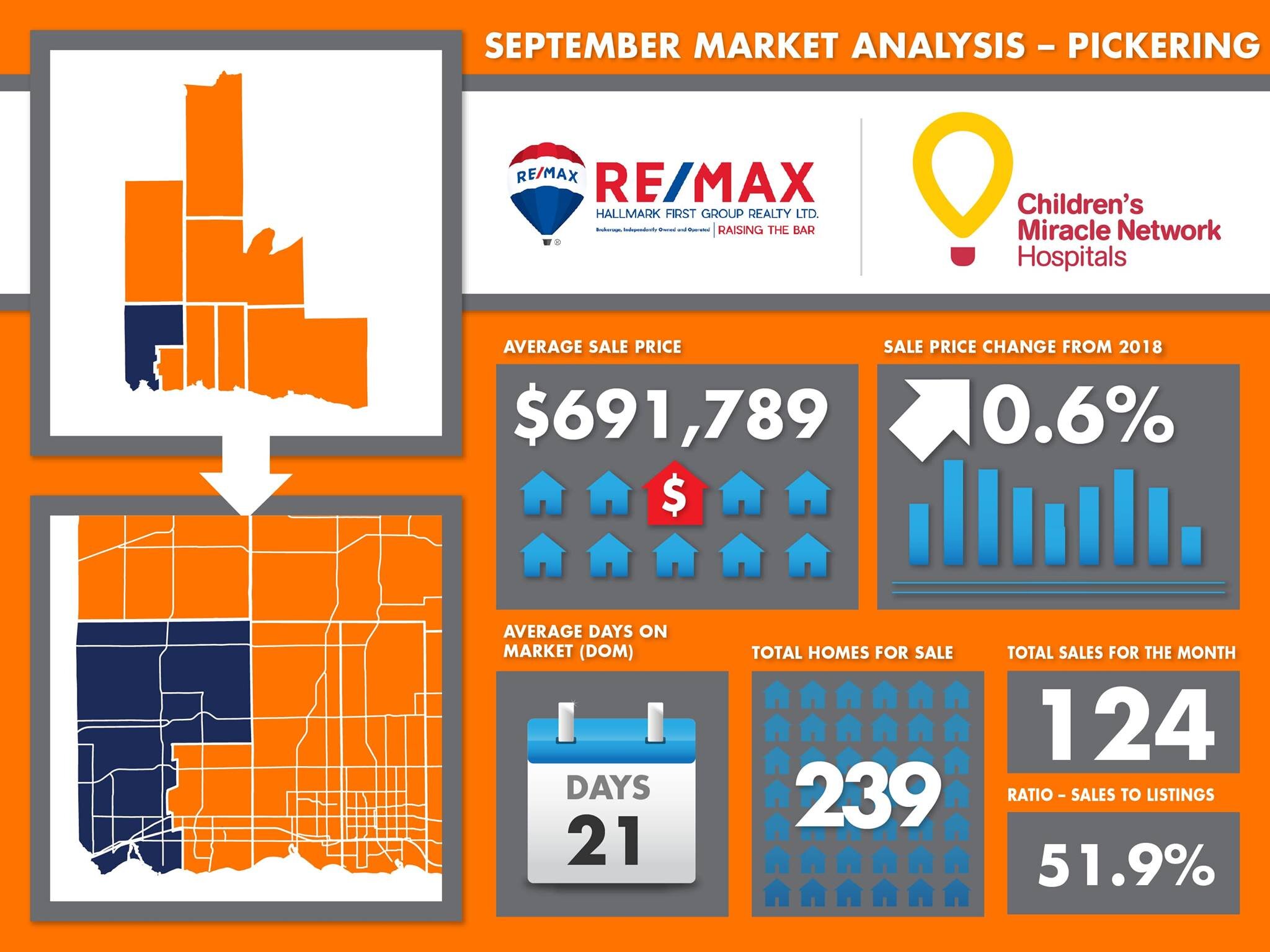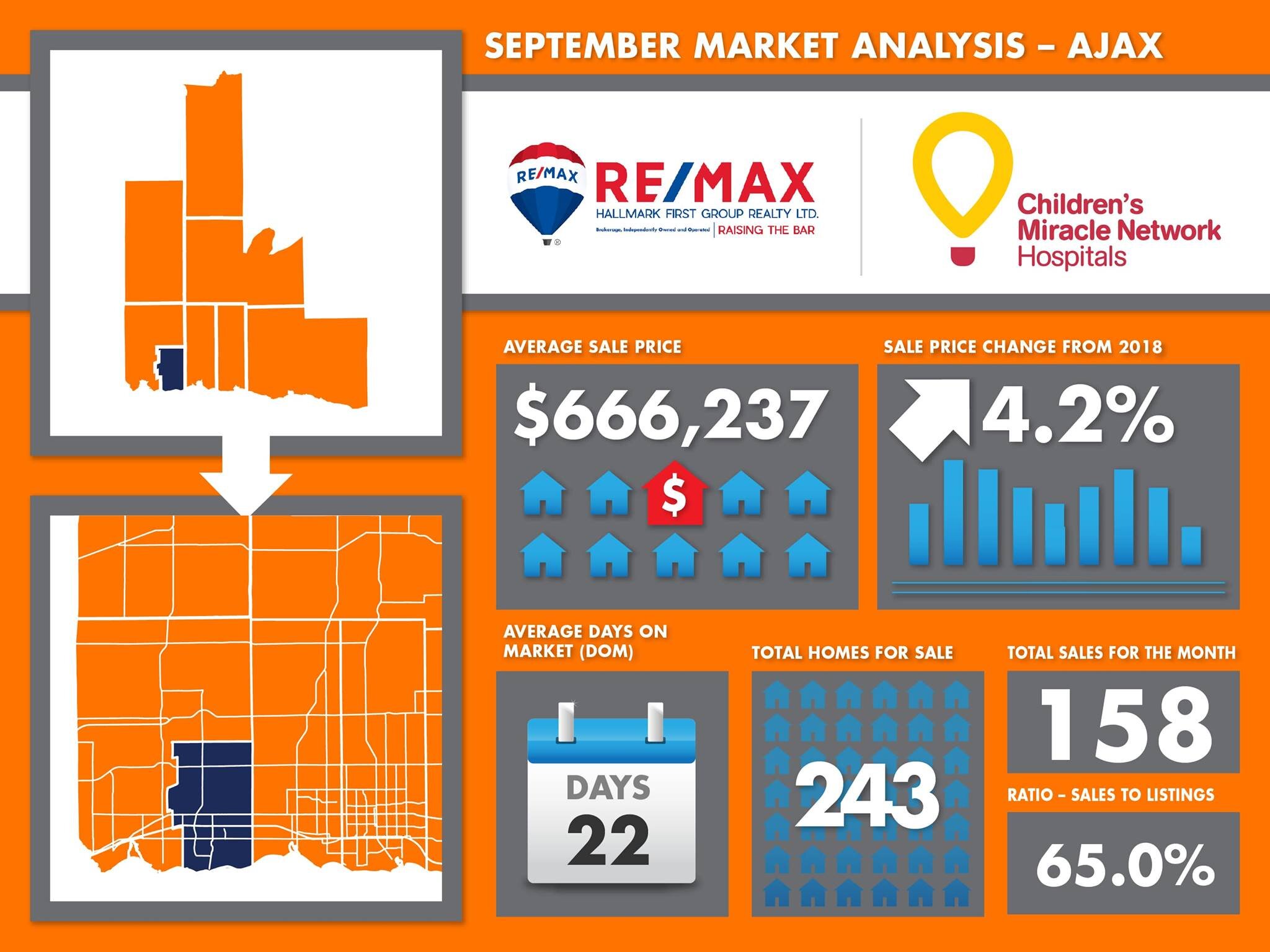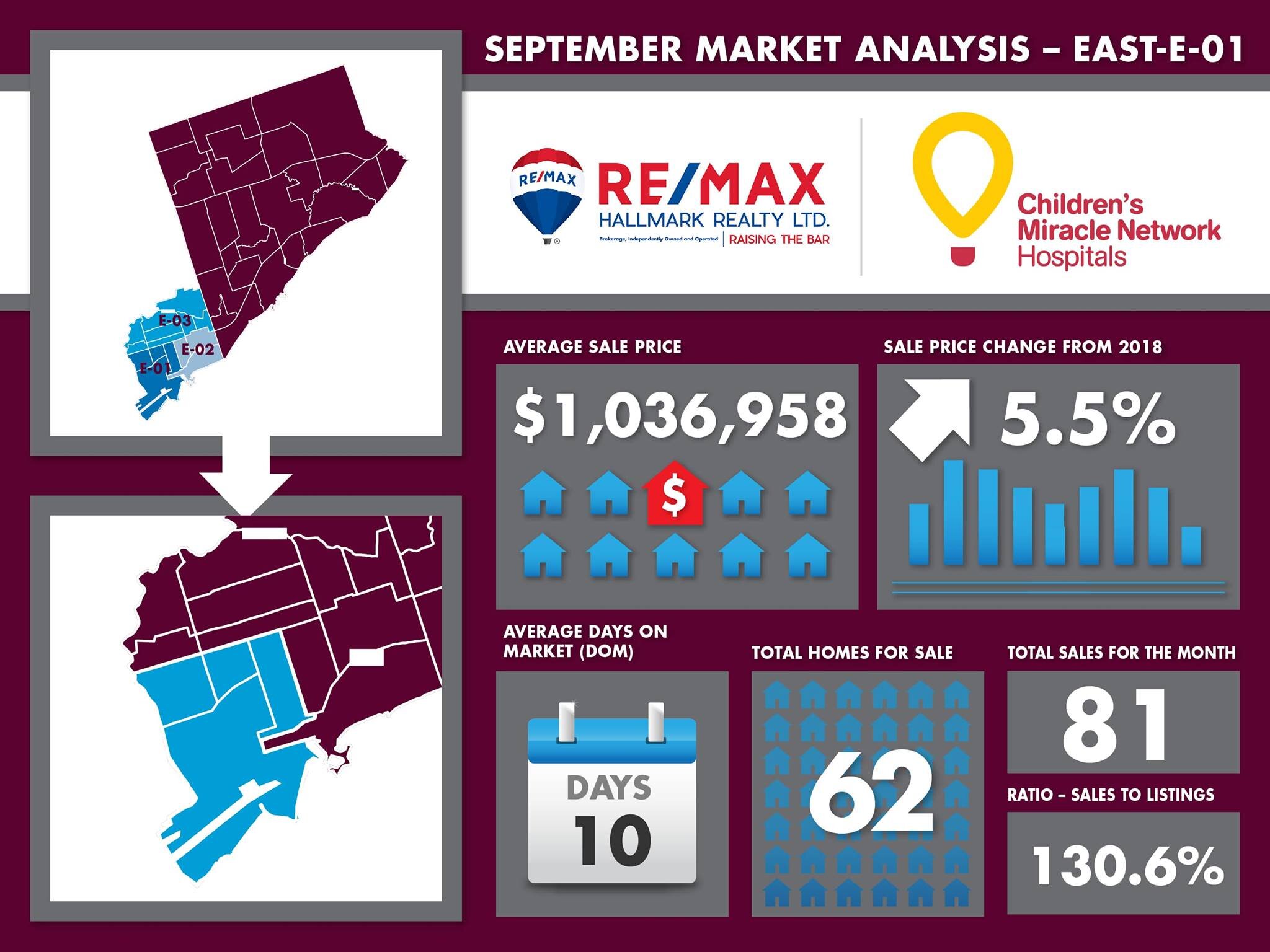Confidence continues in Canadian real estate market, with the inter-provincial relocation trend likely to remain strong in 2022
Migration between provinces expected to continue in 2022, potentially impacting local Canadian real estate conditions, according to 53 per cent of RE/MAX brokers (20 out of 38)
49 per cent of Canadians believe the housing market will remain steady in 2022 and view real estate as one of the best investment options over the next year
Some of the highest outlooks are anticipated for Atlantic Canada, with Moncton and Halifax projecting average residential sales prices to increase by 20 per cent and 16 per cent respectively in 2022
97 per cent of regions (37 out of 38) surveyed are likely to remain seller’s markets in 2022
Toronto, ON and Kelowna, BC, December 1, 2021 – RE/MAX is anticipating steady price growth across the Canadian real estate market in 2022, with inter-provincial migration continuing to be a key driver of housing activity in many regions, based on surveys of RE/MAX brokers and agents, as reflected in the 2022 Canadian Housing Market Outlook Report. The ongoing housing supply shortage is likely to continue, putting upward pressure on prices. As a result of these factors, RE/MAX Canada estimates a 9.2-per-cent increase in average residential sales prices across the country*.
DOWNLOAD THE FULL REPORT
.
“Based on feedback from our brokers and agents, the inter-provincial relocation trend that we began to see in the summer of 2020 still remains very strong and is expected to continue into 2022,” says Christopher Alexander, President, RE/MAX Canada. “Less-dense cities and neighbourhoods offer buyers the prospect of greater affordability, along with liveability factors such as more space. In order for these regions to retain these appealing qualities and their relative market balance, housing supply needs to be added. Without more homes and in the face of rising demand, there’s potential for conditions in these regions to shift further.”
Despite the global pandemic, many Canadians still feel confident in the real estate market. According to a Leger survey conducted on behalf of RE/MAX Canada, 49 per cent of respondents believe Canadian real estate will remain one of their best investment options in 2022 (59 per cent of homeowners vs. 34 per cent non-homeowners which included renters, those not looking buy, and those currently looking to purchase). Additionally, 49 per cent of respondents are confident the Canadian real estate market will remain steady next year.
“Canadians recognize the value and investment potential in their homes. However, market challenges such as rising prices and limited supply have impacted local markets from coast-to-coast, causing angst this past year among those looking to get into the market and those hoping to move up in it,” says Elton Ash, Executive Vice President, RE/MAX Canada. “Despite this, it’s encouraging to see that many are feeling confident in the housing market in 2022 and view Canadian real estate as a solid investment.”
DOWNLOAD THE DATA TABLE
2022 Regional Canadian Real Estate Insights
RE/MAX brokers and agents in Canada were asked to provide an analysis of their local market in 2021 and share their estimated outlook for 2022. Based on their insights, 97 per cent of Canadian real estate markets are expected to favour sellers, impacted by limited housing supply and high demand.
WESTERN CANADA
The Calgary and Edmonton markets shifted from balanced conditions in 2020 to seller’s markets in 2021, which brokers and agents in the region expect to continue into 2022. This is attributed to heightened demand prompted by the inter-provincial migration trend that took place throughout 2021, which saw many homebuyers from Ontario and British Columbia driving demand high, while supply remained low.
In addition to an increase in out-of-province buyers flocking to Edmonton, the region has also welcomed investors who found themselves priced out of other markets. RBC’s provincial outlook for Alberta puts this province ahead of all others in terms of economic growth in 2022, which should bode well for homebuyers and investors alike 2022.
Regions such as Victoria, Nanaimo, Regina and Kelowna also experienced an influx of buyers in search of larger properties and greater affordability, which is likely to continue pushing demand and prices up in 2022. This trend has notably increased demand for single-family detached homes and in some regions, condos as well, which may continue in 2022.
Despite some buyers choosing to move away from urban centres such as Vancouver/Greater Vancouver in favour of suburban areas within British Columbia, or leaving the province entirely, Vancouver/Greater Vancouver has remained a quality place to live. The region continues to draw interest from Canadian and international buyers, a trend that is likely to grow next year, in tandem with rising immigration. Vancouver/Greater Vancouver is expected to remain a seller’s market in 2022, providing inventory stays tight and current demand continues, according to a RE/MAX broker in Greater Vancouver Area.
Winnipeg is anticipated to continue to be a seller’s market in 2022. Young couples enjoying the freedom to work from home have been driving much of the demand in the region, especially for one- and two-story detached homes. The appeal of Winnipeg has had less to do with affordability, and more with lifestyle shifts such as hybrid working environments.
ONTARIO
According to the RE/MAX broker network in Ontario, market activity across the province is anticipated to remain steady in 2022, with continued average price growth, although at widely varying degrees. RE/MAX brokers anticipate average sale price increases in smaller markets such as North Bay (four per cent); Sudbury (five per cent); Thunder Bay (10 per cent); Collingwood/Georgian Bay (10 per cent); and Muskoka (20 per cent), where the move-over trend has remained strong. Meanwhile, in larger markets within the province, there’s a possibility that more immigration could weigh on supply levels and prices, including Ottawa (five per cent); Durham (seven per cent); Brampton (eight per cent); Toronto (10 per cent); Mississauga (14 per cent).
When it comes to price appreciation year-over-year, there are a few regions that stood out in 2021 for their exponential increases across all property types, including Brampton, which rose from $869,107 in 2020 to $1,085,417 in 2021 (25 per cent); Durham from $706,818 in 2020 to $914,48 in 2021 (29 per cent); and London from $487,500 in 2020 to $633,700 in 2021 (30 per cent). In comparison, Toronto experienced a modest seven-per-cent increase year-over-year ($986,085 in 2020 to $1,054,922 in 2021)
ATLANTIC CANADA
All of Atlantic Canada’s regions analyzed are currently seller’s markets, with potential for average sale prices to increase between five to 20 per cent in 2022, according to RE/MAX brokers and agents. Larger urban centres including Moncton, Fredericton, Saint John, Halifax, Charlottetown and St. John’s have all experienced an influx of out-of-province buyers, especially from Ontario, moving to the region in search of greater affordability and liveability.
Due to this spike in demand, much of the region has experienced increasing competition, especially among single-family detached homes and condos in some cities. There’s a possibility that this may further be amplified as immigration continues to grow in the region.
According to RE/MAX brokers and agents in the region, new construction is anticipated to remain strong into 2022, although construction activity may be dampened by ongoing supply shortages and delays in permits related to the pandemic backlog.
Seller’s market conditions are expected to prevail across the region in 2022, with the exception of Charlottetown and Southern Nova Scotia, which may return more to a balanced state as activity gradually begins to decrease.
These factors have led to some of the highest price outlooks in the country, with Halifax and Moncton projecting estimated average residential sales price to increase by 16, and 20 per cent respectively.
Additional findings from the 2022 Canadian Housing Market Outlook Report
Two-in-five Canadians trust their agent to advise them during the current real estate landscape (43 per cent)
23 per cent of Canadians now have a greater desire to build their own home or buy pre-construction
26 per cent of Canadians have the desire to purchase a home while mortgage rates remain low
62 per cent of Canadians currently own a home. This is higher among those ages 35+ (70 per cent) compared with Millennials, ages 18-34 (42 per cent)
The majority of Canadians (72 per cent) said rising home prices did not impact their purchasing decisions in 2021.
About the 2022 Housing Market Outlook Report
The 2022 RE/MAX Housing Market Outlook Report includes data and insights from RE/MAX brokerages. RE/MAX brokers and agents are surveyed on market activity and local developments. Regional summaries with additional broker insights can be found at REMAX.ca. The overall outlook is based on the average of all regions surveyed, weighted by the number of transaction in each region.
*2020 average residential sale price numbers were full-year, 2021 were from January 2021 – October 31, 2022.
About Leger
Leger is the largest Canadian-owned full-service market research firm. An online survey of 1,554 Canadians was completed between October 29-31, 2021 using Leger’s online panel. Leger’s online panel has approximately 400,000 members nationally and has a retention rate of 90 per cent. A probability sample of the same size would yield a margin of error of +/- 2.5 per cent, 19 times out of 20.
About the RE/MAX Network
As one of the leading global real estate franchisors, RE/MAX, LLC is a subsidiary of RE/MAX Holdings (NYSE: RMAX) with more than 140,000 agents in over 8,600 offices across more than 110 countries and territories. Nobody in the world sells more real estate than RE/MAX, as measured by residential transaction sides. RE/MAX was founded in 1973 by Dave and Gail Liniger, with an innovative, entrepreneurial culture affording its agents and franchisees the flexibility to operate their businesses with great independence. RE/MAX agents have lived, worked and served in their local communities for decades, raising millions of dollars every year for Children’s Miracle Network Hospitals® and other charities. To learn more about RE/MAX, to search home listings or find an agent in your community, please visit remax.ca. For the latest news from RE/MAX Canada, please visit blog.remax.ca.
Forward looking statements
This report includes “forward-looking statements” within the meaning of the “safe harbour” provisions of the United States Private Securities Litigation Reform Act of 1995. Forward-looking statements may be identified by the use of words such as “believe,” “intend,” “expect,” “estimate,” “plan,” “outlook,” “project,” and other similar words and expressions that predict or indicate future events or trends that are not statements of historical matters. These forward-looking statements include statements regarding housing market conditions and the Company’s results of operations, performance and growth. Forward-looking statements should not be read as guarantees of future performance or results. Forward-looking statements are based on information available at the time those statements are made and/or management’s good faith belief as of that time with respect to future events and are subject to risks and uncertainties that could cause actual performance or results to differ materially from those expressed in or suggested by the forward-looking statements. These risks and uncertainties include (1) the global COVID-19 pandemic, which has impacted the Company and continues to pose significant and widespread risks to the Company’s business, the Company’s ability to successfully close the anticipated reacquisition and to integrate the reacquired regions into its business, (3) changes in the real estate market or interest rates and availability of financing, (4) changes in business and economic activity in general, (5) the Company’s ability to attract and retain quality franchisees, (6) the Company’s franchisees’ ability to recruit and retain real estate agents and mortgage loan originators, (7) changes in laws and regulations, (8) the Company’s ability to enhance, market, and protect the RE/MAX and Motto Mortgage brands, (9) the Company’s ability to implement its technology initiatives, and (10) fluctuations in foreign currency exchange rates, and those risks and uncertainties described in the sections entitled “Risk Factors” and “Management’s Discussion and Analysis of Financial Condition and Results of Operations” in the most recent Annual Report on Form 10-K and Quarterly Reports on Form 10-Q filed with the Securities and Exchange Commission (“SEC”) and similar disclosures in subsequent periodic and current reports filed with the SEC, which are available on the investor relations page of the Company’s website at www.remax.com and on the SEC website at www.sec.gov. Readers are cautioned not to place undue reliance on forward-looking statements, which speak only as of the date on which they are made. Except as required by law, the Company does not intend, and undertakes no duty, to update this information to reflect future events or circumstances.










